-
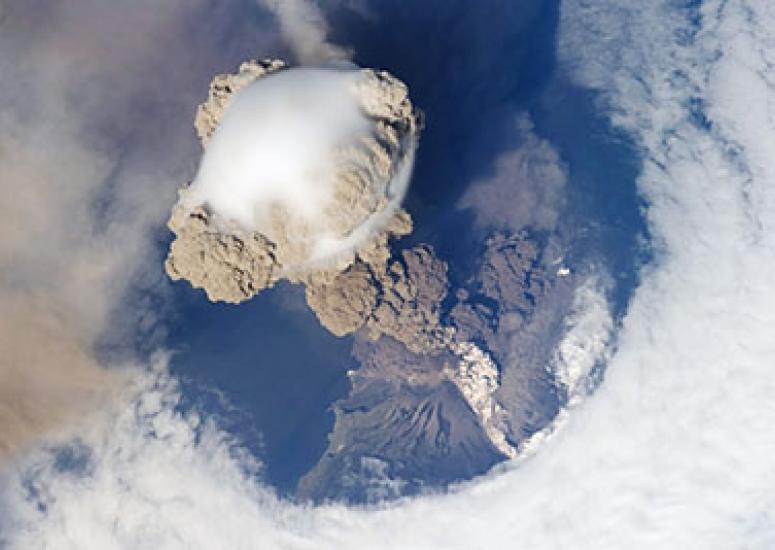
Small volcanoes make big impact on climate
A new study by an NCAR researcher shows that small- to moderate-size volcanoes have helped slow down warming over the last decade, while industrial emissions of Sun-blocking sulfur dioxide over Asia have contributed relatively little to the slowdown.
- Climate,
- Air Quality
-
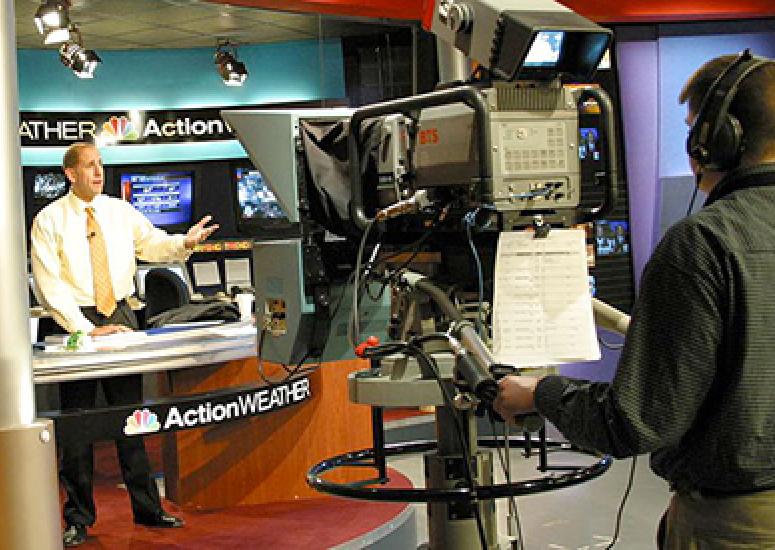
Climate change, conflict, and TV weather
Broadcast meteorologists are a leading source of information about the atmosphere for the public, but many avoid mentioning global warming. New research finds barriers that may keep them from addressing the science of climate change on the air.
- Climate
-
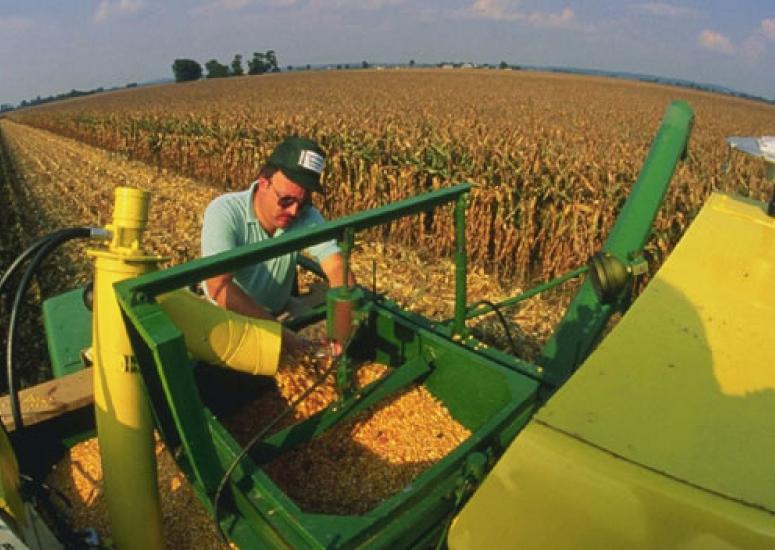
Agriculture and climate: Connecting the science
Farmers and other stakeholders are hungry for guidance on how crops may fare as the nation’s climate evolves over the coming decades. This year’s National Climate Assessment includes new findings on agriculture and climate change that draw from collaborations between NCAR and the U.S. Department of Agriculture.
- Climate
-
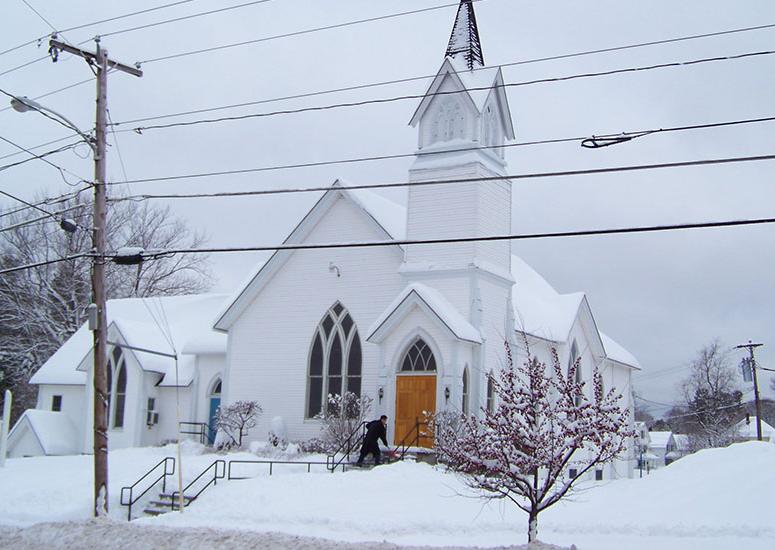
How bad has your winter been?
How do you determine whether some location, or the nation, is having a truly brutal winter? As it turns out, the story differs depending on whether it’s being told through events, statistics, or opinions.
- Climate
-
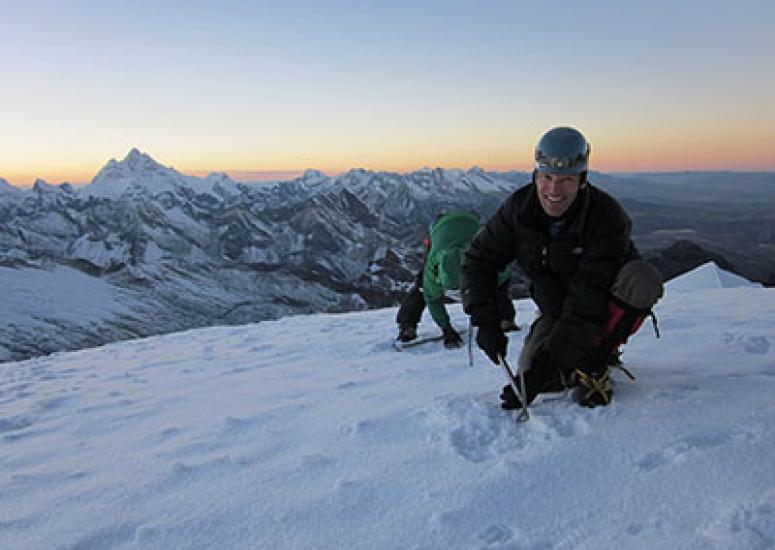
Measuring pollutants on Andean glaciers
A team of researchers, including NCAR scientist Carl Schmitt, are climbing high in the Peruvian Andes to assess the extent to which the white ice is being darkened by ash and other particulates that are emitted by nearby industrial operations. The dark particles can accelerate glacial melting, eventually threatening runoff that supplies water for millions of South American residents.
- Climate,
- Air Quality

